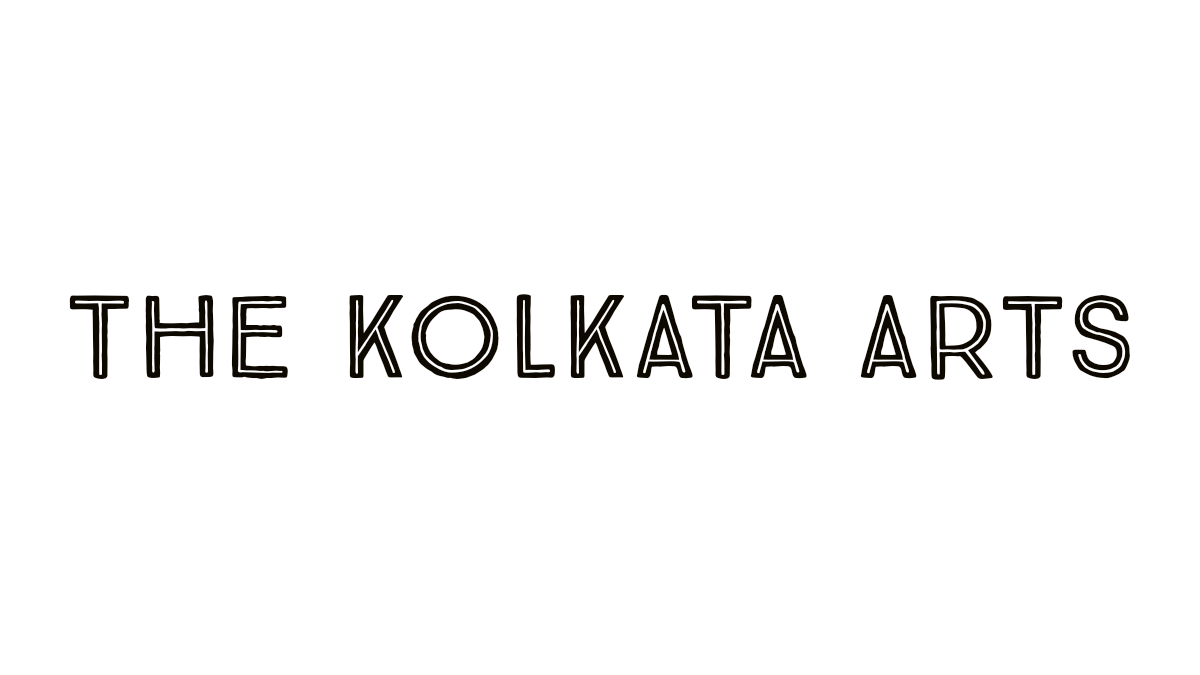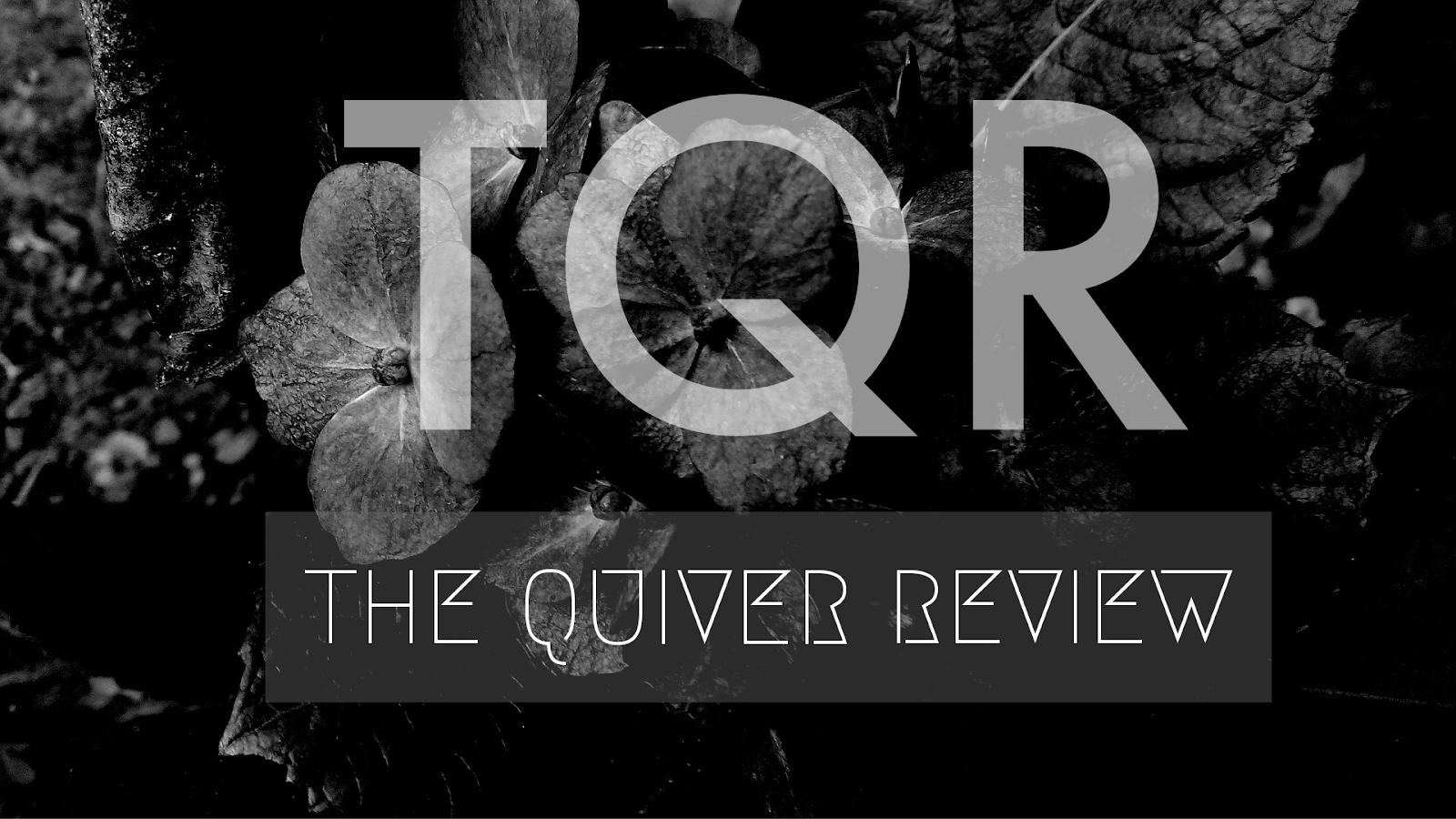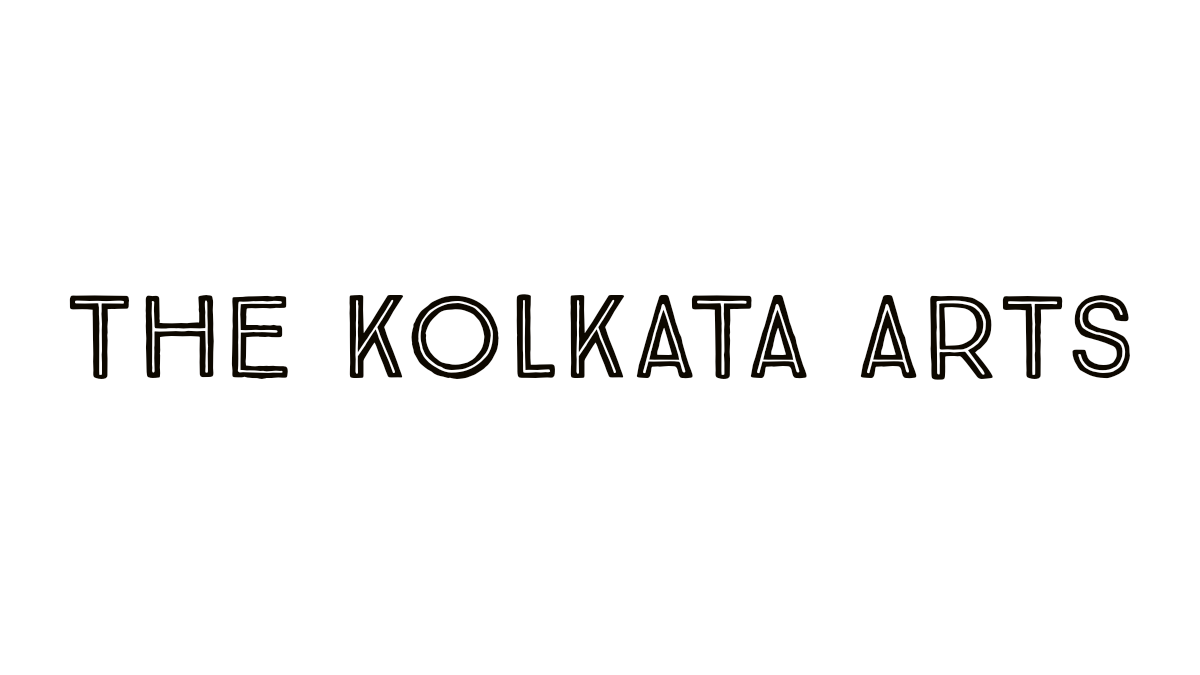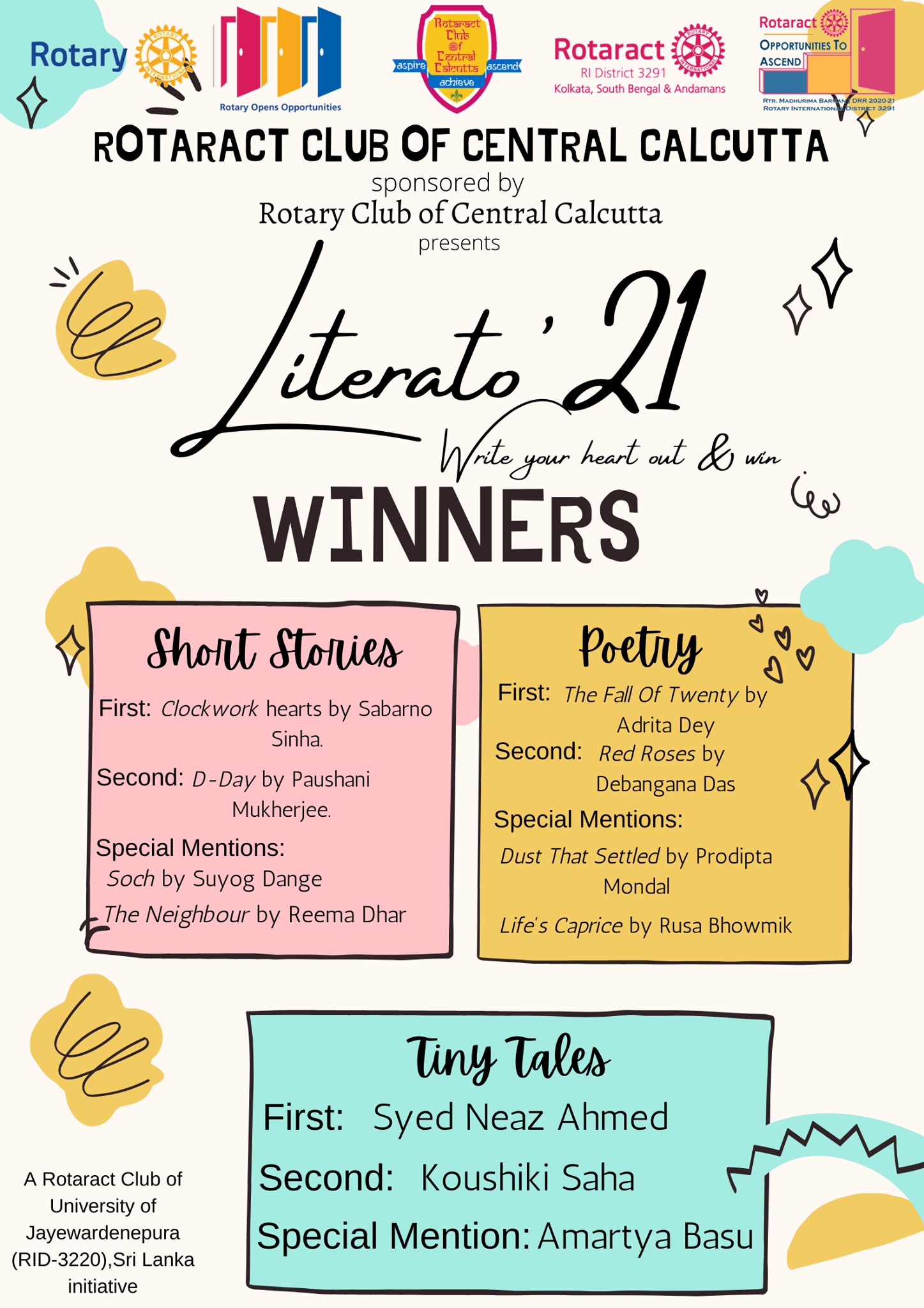A Functional Approach to Yun Dongju’s Poetry—Duane Vorhees
Duane Vorhees received a PhD in American Cultural Studies before teaching history, literature, political science, and other classes for the University of Maryland in Korea and Japan. Recent publications include THE MANY LOVES OF DUANE VORHEES and GIFT: GOD RUNS THROUGH ALL THESE ROOMS, both from Hog Press. He is currently working on HEAVEN, a selection of orginal poems and translations from Korean.
A Functional Approach to Yun Dongju’s Poetry
Duane Vorhees
A prolegomenon of a Functionalist approach to criticism, especially as it relates to the poetry of the Korean poet of liberation Yun Dongju.
Yun Dongju is regarded as Korea’s chief resistance poet. He was born in Kando, as Chientao, Manchuria, in northeastern China, was known to its Korean residents, on 30 December 1917, a few months after China gave Japan police authority over them. (Japan had formally annexed Korea itself in 1910.) Korean resistance to Japanese rule began in earnest in March 1919 but was brutally suppressed, and a new “cultural policy” of assimilation was introduced; the teaching of Korean history and language was banned and Koreans were forced to adopt Japanese names.
In 1925 the Public Security Preservation Law was passed, a month after Yun entered primary school: Anyone who has formed an association with the aim of altering the kokutai [an almost mystical conception of the Japanese imperial political system] or the system of private property, and anyone who has joined such an association with full knowledge of its object, shall be liable to imprisonment with or without hard labour, for a term not exceeding ten years. “ Even discussing such matters with revolutionary intent or indirectly instigating their execution were subject to seven years; Article Five imposed five years on anyone who provided aid to revolutionaries – this section would be the basis of Yun’s arrest and imprisonment years later. After the passage of the law, the government created a “thought offenses” section within the judicial branch and appointed shijo kenji (thought prosecutors). Shijo keisatsu (thought police) were stationed in every Japanese prefecture and major city and in overseas locations with a large Japanese population (including Shanghai, London and Berlin). The law was amended in 1928 to permit capital punishment for anti-kokutai leaders. And even people who did not belong to any revolutionary group could be charged with “furthering the aims” of such groups.
In 1931 the Japanese invaded Manchuria and established it as Manchukuo, an “independent” puppet state in 1932. To strengthen its control over the tumultuous Korea-Manchurian border area, in 1936 Japan removed Kando from Manchurian jurisdiction and made it a special administrative district directly under Korean authority. At the same time the PSPL was expanded and rewritten; initially it was aimed at Communists and anarchists, but now liberals, socialists, Christians, Korean nationalists, and other suspect individuals were targeted; the appeals court for thought crimes was abolished, and the Ministry of Justice given the right to appoint “defense attorneys” in cases of thought crime.
Just before his seventeenth birthday, Yun, calling himself “Eastern Pillar” (Dongju) began publishing his poetry for children. For decades, these verses comprised almost the full extent of his published work. Though they were deliberately simple in content and straightforward in style, they may have been coded to avoid official censorship and punishment. For example, his frequent employment of the adjective “red” may have simply been descriptive but could also be read in a deeply Christian context or as a connotation for radical leftist sentiment, either of which would have been officially suspect if not subversive. When he was twenty he enrolled at Yonhi Junior College (modern Yonsei University) in Seoul, where he acquired an interest in Western poetry. During his Yonhi years, many of is associates, if not the poet himself, came increasingly under surveillance. He graduated three months early due to the Japanese war against the United States that began in 1941, less than three weeks before his twenty-fourth birthday. To commemorate the event he compiled an unpublished collection of poems, many of which dealt with traditional Christian themes. Then he went to Japan for further study at Kyoto Doshisha University. He was arrested on 14 July 1943 and arraigned on 6 December after spending most of his time in detention translating his writings into Japanese. He was formally indicted on 22 February 1944 and sentenced to two years of penal servitude without hard labor on 1 April. In prison he was permitted to send one postcard a month, in Japanese, but was allowed no other contact with the outside world. On 16 February 1945, the twenty-seven-year-old poet died in his Fukuoka prison, possibly from torture and medical experimentation. A jailer told his family that he had died shouting incoherently. His brother published thirty-one of his poems in 1948; in 1955 the book was expanded to include eighty-eight poems and five short prose pieces; another twenty-three poems were added in 1976.
In the seventeenth century Gottfried Wilhelm von Leibnitz introduced “function” as a mathematical term. The concept was eventually adapted to biological models. Early in the twentieth century this biomathematical model was applied to anthropology and sociology. In these fields culture (or society) is viewed as structurally analogous to a living organism and is maintained via the interaction of various institutions, behaviors, mores, etc. It may be fruitful to utilize such a Functionalist approach to studies of literature if we assume that literature in general is a social or cultural phenomenon that can be examined using ordinary methods of analysis.
As a starting point, some deterministically-inclined literary critic could postulate that poets are conditioned by their social background and environmental situation; that their poetry fills some definite social function; and that this kind of literary activity is transcultural in scope. The individual aesthetic merits of any particular poem would of course be irrelevant.
American sociologist Robert K. Merton (1910-2003) classified early Functionalist notions as three interconnected approaches. The Postulate of the Functional Unity of Society referred to the idea that “standardized social activities of cultural items” are functional for the entire system, for society as a whole as well as individuals; and the Postulates of Universal Functionalism and of Indispensability to the theory, in the first case, that all socio-cultural items fulfill some positive function, and, in the second, that the standardized parts of society not only have positive functions but also represent indispensable parts of the working whole, implying that structures and functions are functionally necessary for society.
However, Merton, though a leading Functionalist himself, proceeded to undermine the validity of all three postulates, claiming that the same social usages or attitudes may be both functional and dysfunctional for different elements of the same society, they may or may not result in functional consequences for the society as a whole or for significant groups within the society, and they may be expressed in various societies by functional alternatives, equivalents, or substitutes.
To address the failure of traditional Functionalism, Merton suggested a more thorough-going research paradigm, which is here being advanced in a preliminary way as an analytical approach to literature. It is suggested that such a method would mediate between a biographical “life-and-times” approach to literary creation and the self-contained, “time-less,” self-referential aesthetical considerations of New Critics such as John Crowe Ransom. (Due to space limitations, no full-scale functional analysis of Yun’s poetry will be attempted here. This is only a suggestion of how such an analysis could be conducted and the limitations of such an analysis.)
The portion of Merton’s new paradigm which may be applicable to literary studies is as following:
1. The items to be examined must be essentially patterned and repetitive, not unique and eccentric. I suggest that poetry as a subject matter is indeed highly standardized according to Merton’s criteria, though of course much individual variation exists from poem to poem (just as between the other objects of sociological investigation). The idiosyncratic aspects are merely disregarded, while the more universalistic ones (form, structure, etc.) are used as the generalized units of examination. Anthropologists do not usually study literature as a distinct cultural artifact, though especially in a literate society it should approximate the significant roles which they usually believe myth performs. Yun attempted to blend traditional Korean poetics with Western (and in at least one case, Japanese) modes of expression. This clearly blurs the various patterns available for analysis.
2. It must be assumed that individuals involved in a social system are motivated to act in certain ways as a consequence of their involvement. The socialization process is generally believed to be responsible for shaping humans, who are less the product of biological determination than other animals. Some adherents of this view hold that the very conception of the nature of existence itself is entirely (or primarily) a social creation. Question that need to addressed include: How fine-tuned is the socialization process? Does it extend totalistically in every though and act, or only very broadly to mold general perceptions and attitudes? Insofar as Yun was a leftwing Korean nationalist (if indeed he was one), was it because he was socially conditioned that way? In his other poetic personae, such as Christian penitent or alienated youth, to what degree was he similarly motivated?
3. Any behavior has multiple consequences. Some are functional (they have adaptational value), others are dysfunctional (counter-adaptive), while yet others are nonfunctional (analytically null). Any item may contain all three aspects simultaneously, making it difficult to assess any net balance between the aggregate of consequences. Because observers may confuse functions and motives, it is also necessary to distinguish between those functions (or dysfunctions) which are manifest (intentional) and latent (effectively operational though neither intended nor recognized). Psychoanalysts have always emphasized latent symbolisms as being more important clinically than manifest ones, but Merton would assign equal values to them: the important consideration is how they operate within a given social system.
Poetry or other literary artifacts, as institutionalized forms of expression, should also then perform roles that are functional or dysfunctional. (The nonfunctional roles need not be considered, though one could argue that there are no dysfunctional roles – perhaps the functions are masked or too complex for ready analysis.) To develop a functional analysis of Yun Dongju’s work, it would be necessary to demonstrate that he was somehow conditioned by his social environment to produce primarily political, anti-imperialist verses (or introspective, problematically orthodox Christian stanzas, or sensuously adolescent ponderings) rather than other categories of verse. Also, even if Yun expected that his literary outpourings would operate against the socio-psychological ills of his particular time and place, one must still argue that the results of his poetry would have had unintended social consequences.
4. Societies are webs of interlocking individuals and groups. Ordinarily individuals participate in several social units at once, and their behavior may be simultaneously function for one such group and dysfunctional for another. Therefore, one must consider the range of units for which the social item has designated consequences while also considering the psychological, societal, cultural, and other consequences of the same behavior. Yun was an ethnic Korean whose family had lived in a Manchu part of China for generations but found itself ruled by a hostile foreign power; he belonged to an alien religious sect which had long been persecuted by the Confucianist/Buddhist/ Shinto power structures of his region. He was mostly a furtive poet with few published works, in quiet defiance of his family’s desire to pursue a productive medical career.
5. It is assumed that a given social structure has certain functional requirements to continue to exist.
6. Particular functions must be thoroughly defined in terms of the mechanisms involved in their operation. These mechanisms include items such as role-segmentation, hierarchic ordering of values, division of labor, ritual enactments, etc.
7. Since institutions and artifacts are not universal, their alternatives, equivalents, and substitutes must be carefully identified. One must not confuse the existent with the inevitable. Yun lived in an area that had a reputation for anti-Japanese sentiment and was particularly under the influence of his lifelong companion, his more adventurous and activist cousin Song Mongkyu, who was arrested at the same time and died in the same prison four days later.
8. The range in variation in social items which may perform certain functions is limited. Their interdependence, especially, serves to limit their functional flexibility, so it is naïve to think that the elimination or serious alteration of a social fact will not affect the social system as a whole. Yun as a poet was unknown during his lifetime but his work began to appear widely after his death, after World War II had brought about a new, independent Korea, and he quickly became (and remains) the new nation’s most popular poet. He is particularly remembered as a resistance poet, though that role has probably been exaggerated by post-colonial sentiment.
Although Yun did not lead an exciting or unusual life, his early martyrdom helped bring him to cultural prominence. Since politics is such an important social field, his politicized reputation makes him a particularly appropriate subject for Functionalist analysis. This is not to deny that his work (or some portion of it) was indeed liberationist, but even the most overtly political material was subdued, understated, disguised, “coded” to forestall official reaction. And most of it is not obviously political at all, although a political subtext could possibly be read into it. Yun was not only a nationalist in his poetry; he was also a precocious young man interested in nature, in ideas, in the mysteries of life, in the sexual frustrations of youth, and in other concerns as well. Furthermore, he was not much inclined to be autobiographical or confessional (in the depressive sense of the post-war American genre), but like most artists he transformed his experiences and observations into a vivid expression of literary (not necessarily “factual”) truth.
A Functionalist approach to literary research, if carefully and fairly conducted, may elucidate such mysteries as why the creative process exists, how it operates, what the relationship is between the artists and their milieu, why a certain school or approach (Classicism, Romanticism, Realism, Modernism, Post-Modernism, etc.) dominates for a time and then fades away, and other unresolved problems in the history, sociology, or psychology of literature. But it seems incapable of answering any aesthetic questions, assessing literary merit, explaining why some works are more highly regarded than others which seem to share similar or equivalent qualities, or the distribution of perceived relevance across cultures.











Comments